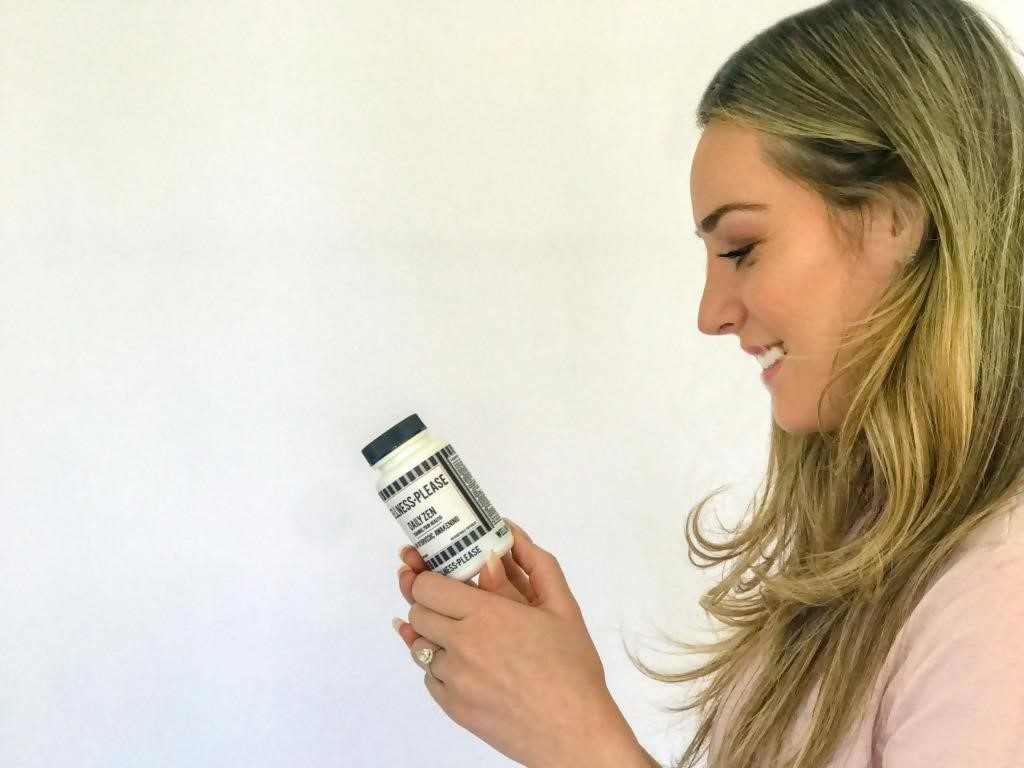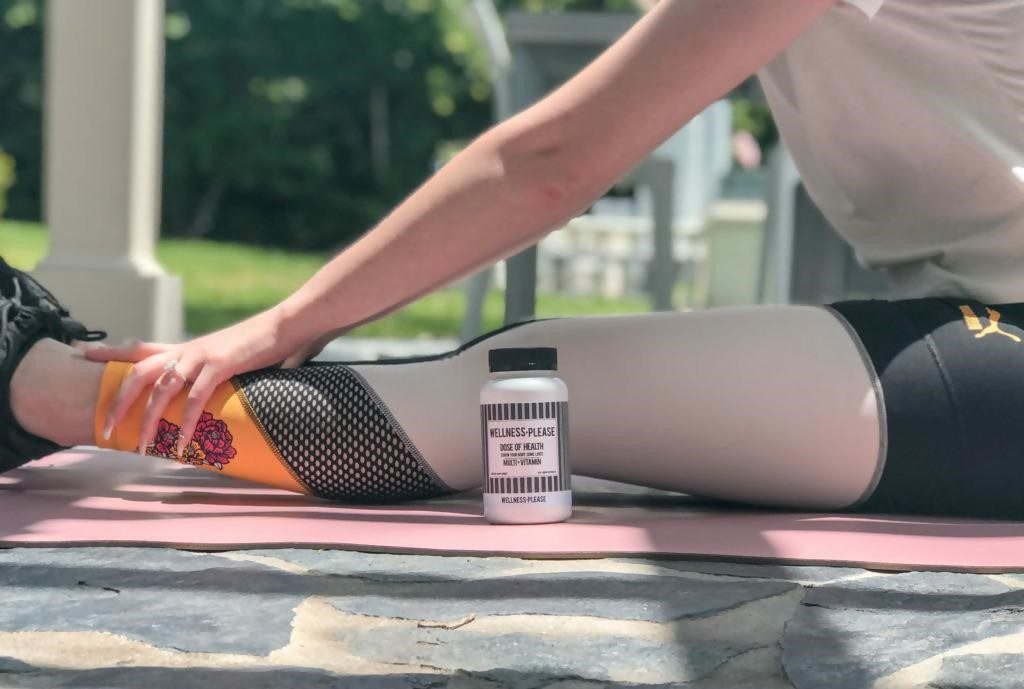It seems there’s always something that the nutritional community is raving about. One of the newer candidates for studies and experimenting is collagen. Collagen is an animal-derived protein made up of amino acids. It’s very beneficial for skin, joints, hair, nails, bones, and complexion. However, there is still some debate about whether you can take too much collagen.
Can you take too much collagen? Generally speaking, these supplements are safe to consume. Taking 10-30 grams of supplemental collagen protein, either in drinks, smoothies, or even pills, is perfectly safe and even recommended. Taking in an abnormal amount of this protein may result in an unappetizing aftertaste leftover in the mouth, feeling overly full, higher calcium intake than recommended, and occasional allergy (depending on what the protein was derived from).
Besides the mild, uncomfortable side effects of taking in above the recommended dosage of collagen per day, there is not necessarily a point of taking “too much” collagen. Since this type of protein makes up a huge percentage of the building blocks of our bodies, it can be very beneficial and is generally easily absorbed.
Sources Matter
While you can expect a tummy ache after drinking a huge amount of collagen protein supplement, you probably won’t see many adverse side effects. However, if you’re allergic to certain things, such as eggs or shellfish, it’s a good idea to check the label of the supplement you’re looking to purchase before downing a glass of it.

Some collagen proteins are “marine-derived” and come from fish scales or shellfish. If the supplement you’re taking has this ingredient and you’re allergic to the source, it’s probably safe to bet that your body won’t be a fan.
On another note, if you’re generally not a fan of beef or chicken, but you have no allergies and simply want to goodness collagen supplements can bring, you can find some great options out there. Some of them, like the Multi-Collagen Single Serve Packs, have safely sourced, grass-fed, wild-caught, and cage-free ingredients and this option, in particular, comes in convenient on-the-go packages.
How does collagen improve sleep?
Better sleep is one of the reasons to consume more collagen-rich foods. Collagen is laden with glycine, an amino acid that enhances sleep and promotes your overall health. Glycine also plays a significant role in most body functions. It helps in the formation of serotonin, a hormone that has notable effects on sleep and mood. On the other hand, a good rest can also boost collagen production. Although collagen mostly benefits your hair and skin, some studies indicate that it may enhance the quality of sleep. Many other things promote better sleep. A quality mattress is a perfect example. If you lack the right mattress, you’ll be uncomfortable and probably wake up with body aches and pains. As such, the Big Fig mattress review is all you need. It will help you determine the most suitable bed for a more comfortable sleep.
The Daily Dose of Collagen
Curious about how much collagen you should be taking per day? For supple, glowing skin, healthy joints, and many other benefits, it’s a good idea to take roughly 10 grams of it per day, either in your favorite drink or in a smoothie. Don’t worry, these supplements are usually tasteless.
However, if you live a very active lifestyle, have joint pain, or feel your hair, skin, and nails are simply lacking in the youthful resilience you’re used to, taking up to 30 grams of collagen is probably right for you.

How long will it take for these supplements to really start making a difference? That may depend on what you’re looking for. If you’re taking it (30g/day) for joint pain, then you might start to feel a difference in 3-6 weeks. However, if you’re taking it for skin, hair, and nails, you’ll really start noticing results after about two or three months, although some of the effects can usually be observed after 4 weeks.
Whatever you’re taking these supplements for, make sure you’re taking a high-quality protein derived from well-kept animals. Their strong collagen transfers to you.




